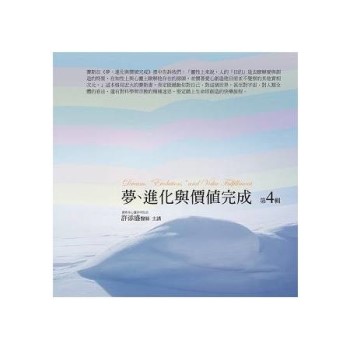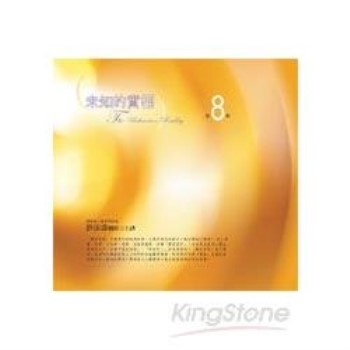In early April of 1968, a group of young people was sitting on the roof of a house near the line dividing Maryland from Washington, D.C., transfixed by what they were watching. It was the sight of the Nation's Capital burning down. That night, two of them tried to drive into the city, using one of its primary thoroughfares. They were stopped at a police barricade, and told that Washington was closed. The following day, after access to the city had once again been granted, everyone had their headlights on. The public parks had been transformed into bivouacs for military personnel. The stench of tear gas and smoke filled the air. Uniformed men in jeeps hurried here and there, talking into radiophones. Smashed storefronts and burned-out buildings were everywhere. It was unimaginable. People were stunned as they walked the streets, some by what they saw, some by what they had done. To have lived in Washington during the mid- to late-60s was to have been at the center of the madness. To have survived, more or less intact, now seems miraculous. THE OLD ADELPHI ROLLING GRIST MILL tells the story of what it was like to be there then, in the words of someone who was. It is a series of interlocking narratives, not quite a memoir, but not a collection of short fiction, either. It is the tale of a particular time and a place, and of a small group of young adults, and of what happened to them during some of those tortured days. The narrator, Adrian Freneau, is an alternate version of the author. He takes the reader on a trip through what seems today a very, very foreign land, and introduces some of the strange and wonderful souls met along the way, including: Mary T, a gifted child doomed never to experience the flowering of her talent; Gene, a vet who suffered more violence for wearing his country's uniform at home than he did in Southeast Asia; Debra, a young woman going slowly mad . . . or perhaps not; Freddie the Dreamer, poet and caretaker of the emotionally wounded; O'Hanlon, a teacher seemingly bent on sabotaging his own career; Linda, lost in love, and then just lost; and many more. They are people living out a youth comparable to anyone's youthful years-with courage and commitment, idealism and despair, sadness and joy, pain and fear, love and inner turmoil-but against the backdrop of the chaos of 1960s America. Only now, decades later, can the truly important things finally be seen with the clarity of an earned wisdom. In THE OLD ADELPHI ROLLING GRIST MILL, journalist/novelist Doug Hornig joins the long list of those who have broken new ground in the past half-century, by consciously applying the techniques of fiction to the re-telling of history. A great deal has already been written about the period, of course, and much of that is silly, self-serving, or simply false. The term, the 60s, is rapidly becoming synonymous with na ve foolishness. In a spare, unadorned style that contrasts with most stylized remembrances of the era, this book presents another side of the story.
| FindBook |
有 1 項符合
The Old Adelphi Rolling Grist Mill的圖書 |
 |
The Old Adelphi Rolling Grist Mill 作者:Hornig 出版社:Xlibris 出版日期:2006-12-27 語言:英文 規格:平裝 / 184頁 / 22.9 x 15.2 x 1 cm / 普通級 |
| 圖書館借閱 |
| 國家圖書館 | 全國圖書書目資訊網 | 國立公共資訊圖書館 | 電子書服務平台 | MetaCat 跨館整合查詢 |
| 臺北市立圖書館 | 新北市立圖書館 | 基隆市公共圖書館 | 桃園市立圖書館 | 新竹縣公共圖書館 |
| 苗栗縣立圖書館 | 臺中市立圖書館 | 彰化縣公共圖書館 | 南投縣文化局 | 雲林縣公共圖書館 |
| 嘉義縣圖書館 | 臺南市立圖書館 | 高雄市立圖書館 | 屏東縣公共圖書館 | 宜蘭縣公共圖書館 |
| 花蓮縣文化局 | 臺東縣文化處 |
|
|
圖書介紹 - 資料來源:博客來 評分:
圖書名稱:The Old Adelphi Rolling Grist Mill
|










